Covid vaccine boosters explained: How they will work in Australia
Australian regulators have approved a third dose of Pfizer, to be rolled out from November 8. This is what’s involved and how the booster program will work.
National
Don't miss out on the headlines from National. Followed categories will be added to My News.
A third-dose Pfizer shot has been provisionally approved for use as a booster, the Therapeutic Goods Administration has announced.
The booster shot is expected to be delivered to Australians aged over 18 at least six months after the “completion of a Covid-19 vaccine primary series”, no matter which vaccine was originally received.
However, the TGA noted that there is limited data on the efficacy of a Pfizer booster shot following initially receiving AstraZeneca.
Prime Minister Scott Morrison said National Cabinet would meet next week to further discuss the booster shot program.
“We have been working steadfastly on this now for some time,” Mr Morrison said.
“We will be starting with those in aged care facilities like we did with the vaccine.
“We will be looking at (how) … the states will be keeping a fair bit of their infrastructure in place to deliver that.
“We will obviously be leaning heavily on the primary health network, on pharmacists and GPs who have done the heavy lifting on getting these vaccination rates which … are higher than the UK.”
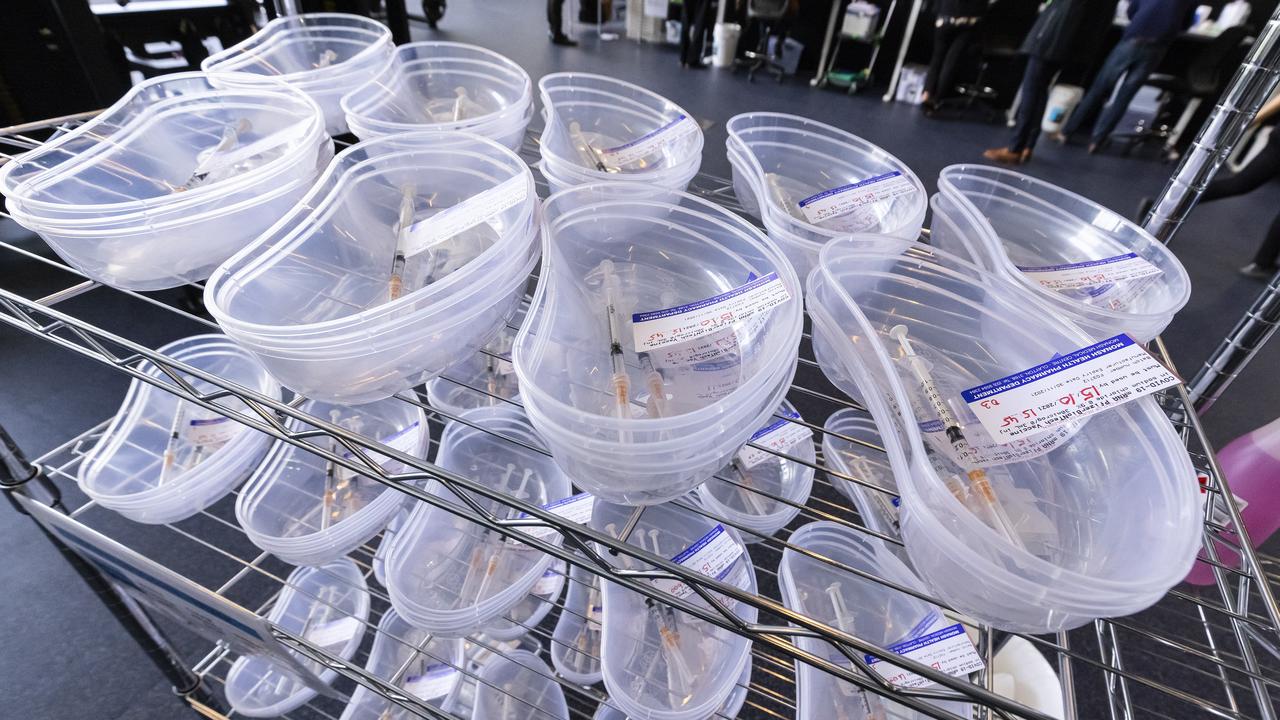
Earlier this year, the government secured 60 million doses of Pfizer for 2022 and 25 million doses for 2023, which would enable booster coverage throughout the year.
In July, Mr Morrison said “every Australian would have access to a booster shot if it is needed”.
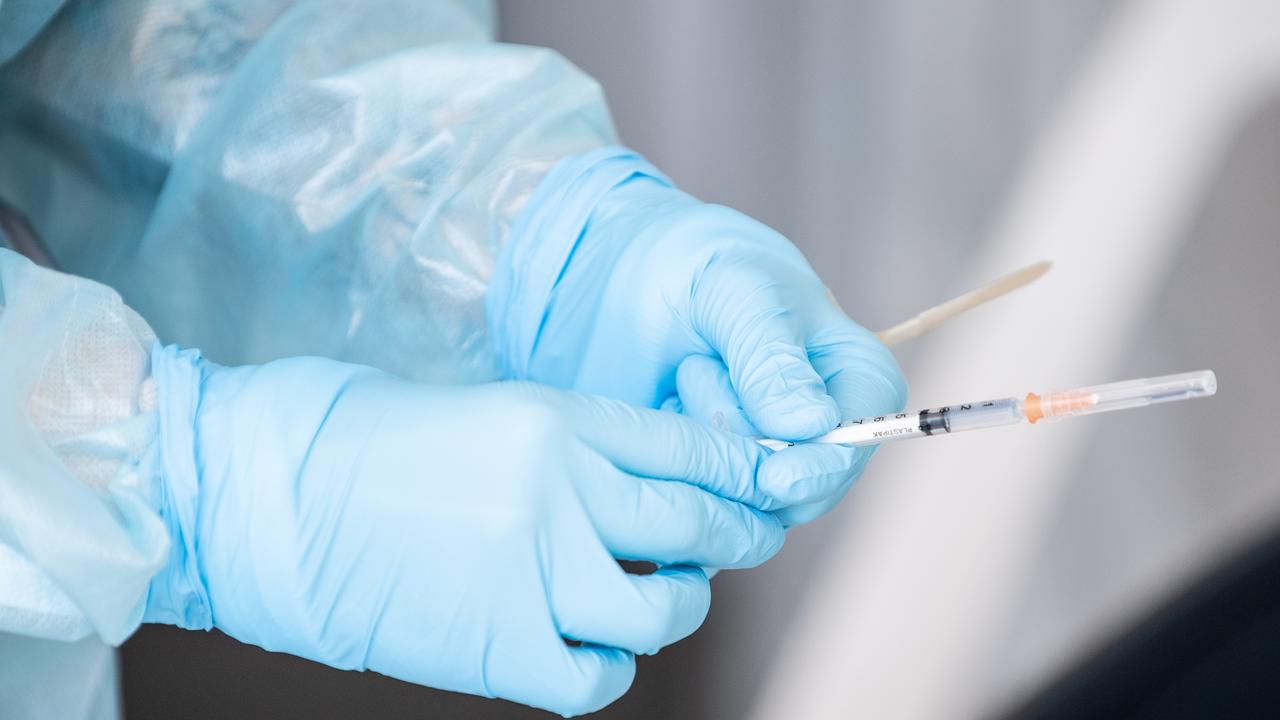
In a statement on Wednesday, the TGA said the recommendation of booster shots comes off the back of advice that a third dose should be given to “severely immunocompromised people” aged 12 or older, at least 28 days after their second dose.
“TGA provisionally approved the booster dose following careful evaluation of the available data supporting safety and efficacy,” the TGA said.
“Emergency authorisation or regulatory approval of the booster dose has also been granted in the United States, Europe and United Kingdom.
“The TGA continues to work very closely with international regulators to harmonise regulatory approaches, share information and where it speeds up evaluation, collaboratively review Covid-19 vaccines and treatments.”
The announcement comes as the US Food and Drugs Administration has recommended approval of the Pfizer Covid-19 vaccine for children aged 5-11.
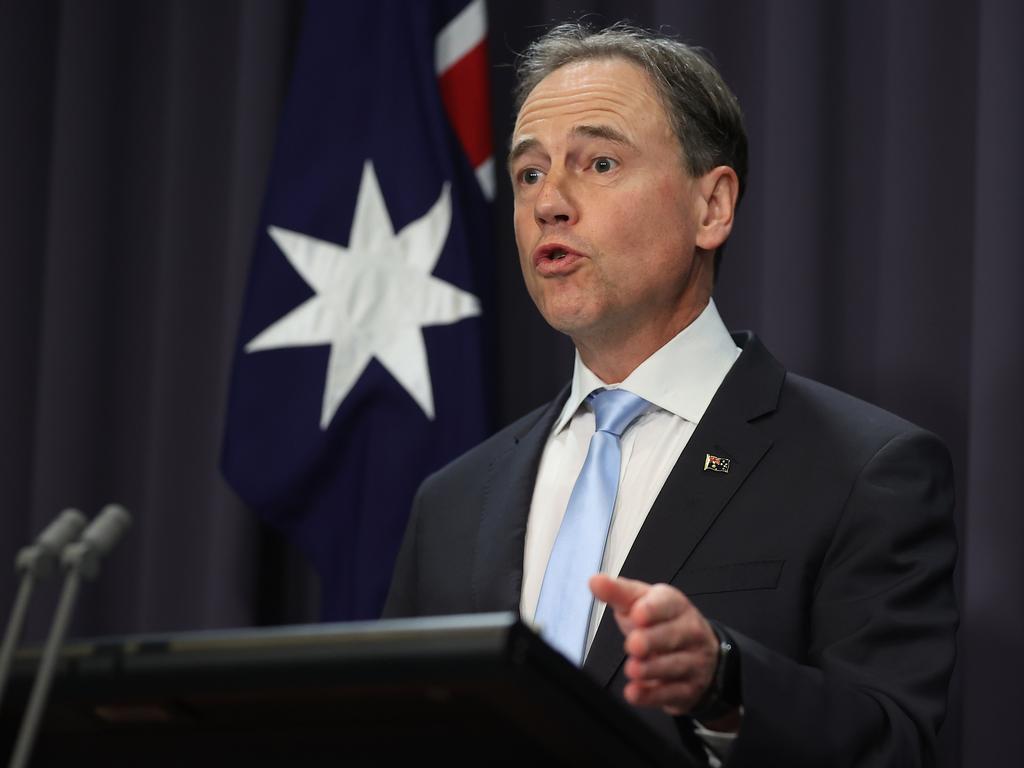
Data from Pfizer-BioNTech indicate the vaccine is 90.7 per cent effective in preventing symptomatic illness among children, and that the benefits of vaccination clearly outweigh any risks.
Federal Health Minister Greg Hunt said the booster program was “an important step”.
“It will mean that Australia will be one of the most highly communities in the world. And one of the first to receive a whole population booster program.
“Atagi will provide final advice. Subject to Atagi the advice, ww will commence the general population booster program no later than the 8 November. We have the supplies, we have a distribution mechanism, we will work with the states, the GPs, the pharmacies, the Commonwealth vaccination clinics in the indigenous vaccination clinics to ensure that everybody is in place,” he said.
Aged care and disability will be a priority.
More than 1.6 million Australians will be eligible for booster doses of the Covid vaccine before New Years Eve, the Pharmacy Guild of Australia has calculated.
And Australians planning overseas travel might be able to get a jab earlier than six months after their second shot if they can present a letter from travel medicine expert saying it is required, Pharmacy Guild president Trent Twomey said.
The booster can only be delivered six months after a person received the second shot of their original Covid vaccines.
On November 8 just 130,000 Australians will qualify for a booster based on data showing how many people had received two vaccines six months beforehand, Pharmacy Guild president Trent Twomey said.
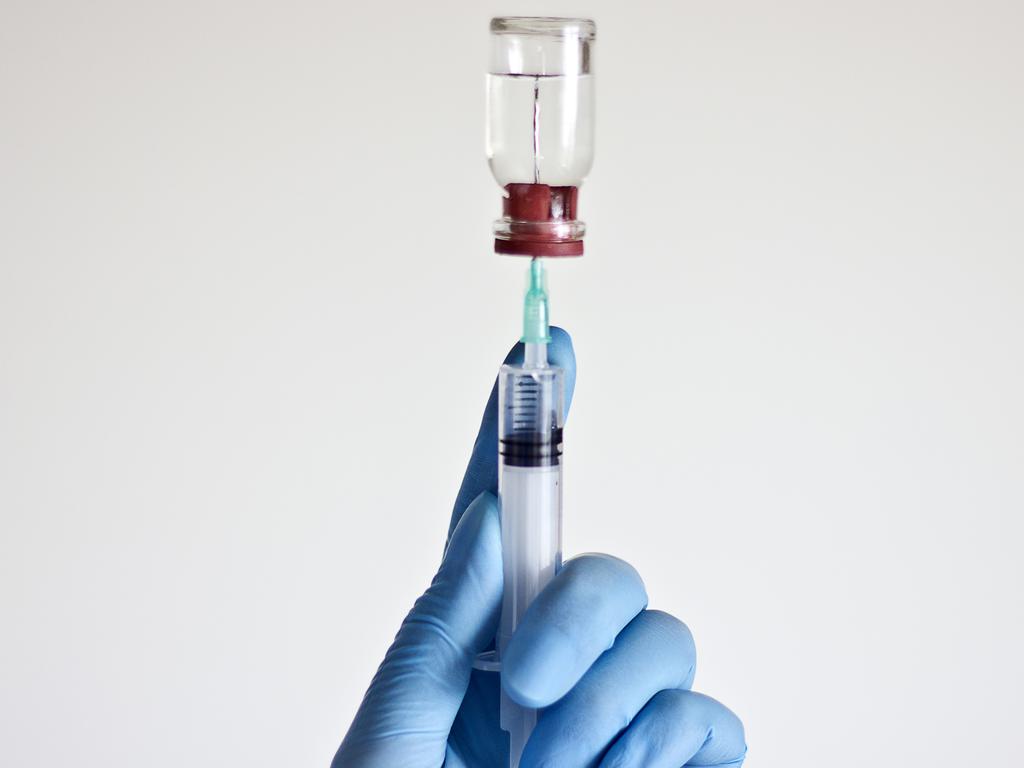
However, between now and New Year’s Eve 1.6 million Australians will reach the six month anniversary of their second Covid shot and be eligible for a booster, he said.
Pharmacies at present can only supply the Moderna and AstraZeneca shots but have just been given approval to supply Pfizer booster jabs, he said.
“So from November 8 it’s only a small number of people and 0.7 per cent of the population who are eligible,” he said.
“Australians can be calm, and rest assured that that they do not need a booster clinically until six months, there will be plenty of supply and plenty of access points as as Australians get to their six month window, and they’ll be able to go to their local pharmacy and avail themselves of that if they wish,” he said.
Asked whether people planning an overseas holiday could request a booster jab earlier than six months after their second shot he said it might be possible.
“Pharmacists can request a letter from somebody, a specialist or travel medicine expert that said that that would be required,” he said.
WHY DO WE NEED COVID VACCINE BOOSTERS?
The protection offered by most, but not all, vaccines begins to decline over time and our immune system needs to be stimulated again to be ready to fight off the pathogen. This can happen if we become infected with the actual virus we want to prevent, or it can be achieved by providing a booster dose of vaccine. Some researchers argue the best protection might be provided by catching Covid after being vaccinated because you are unlikely to be hospitalised and exposure to the actual virus will fully stimulate your immune system. A vaccine uses only part of the virus to spark an immune response.
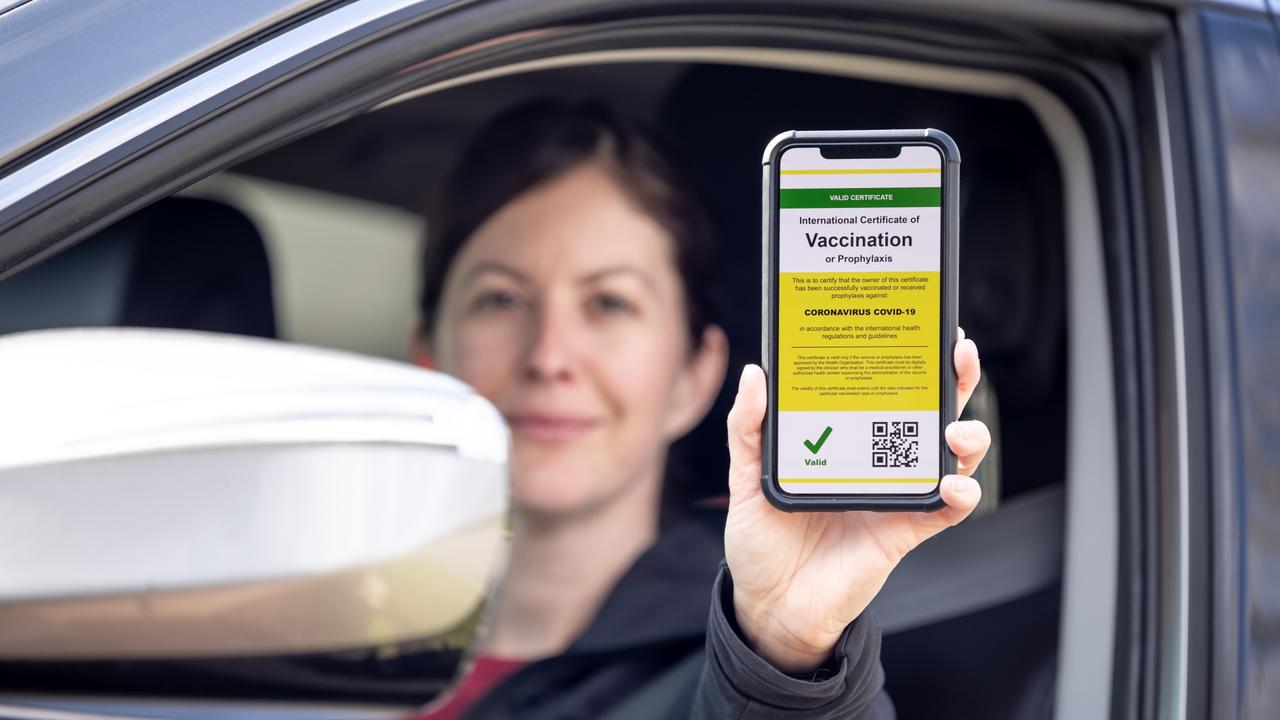
IS THERE EVIDENCE THE EFFICACY OF THE VACCINES IS WANING?
Yes. Earlier this year elderly people in Israel who had received the Pfizer vaccine began to fall ill with the virus despite being vaccinated. A US study found Pfizer’s effectiveness in preventing infection with Covid fell from 88 per cent to 47 per cent at six months. A UK study found AstraZeneca’s efficacy fell from 69 per cent to 61 per cent after 90 days. However both vaccines remained highly protective against hospitalisation and death from the virus.
Pfizer’s protection against hospitalisation remained close to 92.7 per cent and AstraZeneca’s protection was 77 per cent.
Pfizer was also more protective against death 90.4 per cent compared to 78.7 per cent for AstraZeneca.
Many researchers believe there is not enough evidence that we need booster doses for the general population because the efficacy of the vaccines remains high against severe disease. Most agree the elderly and immunocompromised need boosters.
ARE SOME PEOPLE MORE LIKELY TO NEED A BOOSTER?
Yes. People who are immunocompromised, such as cancer patients, are not as well protected by just two doses of Covid vaccines. Australian regulators have already approved a third dose of vaccine for them.
WHAT ABOUT THE ELDERLY?
Studies show the older you are the less effective the Covid vaccines are at preventing infection. Effectiveness is not as great in those aged over 65.
WHEN ARE WE MOST LIKELY TO NEED A BOOSTER?
Countries that have approved booster doses have recommended they be given at least six months after the second jab.
WHO DECIDES WHETHER WE GET BOOSTERS?
The government’s expert vaccine advisory body ATAGI needs to recommend booster shots of Covid vaccines before they become available.
It is meeting this week and is expected to make a ruling on who gets boosters and when.
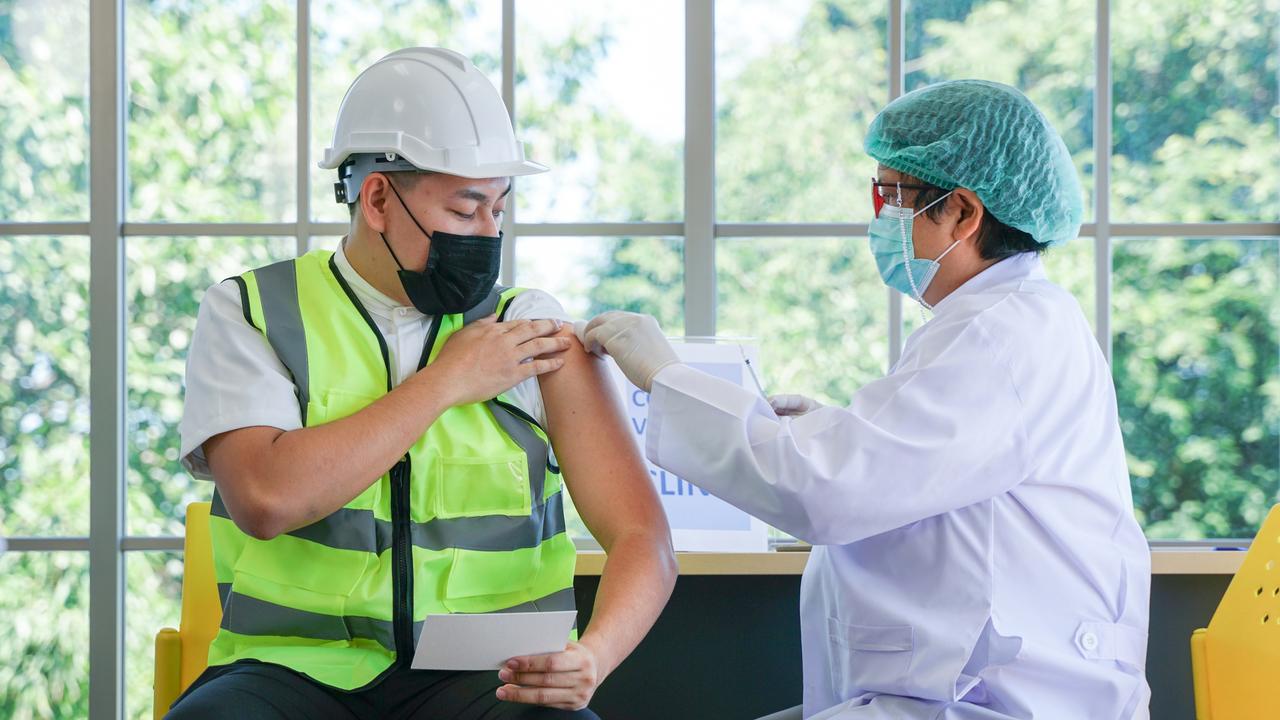
WHO WILL GET A BOOSTER?
It is possible boosters may not be recommended for everybody. In the US they are approved for people aged over 65, those at severe risk of Covid and people in occupations where they are frequently exposed to the virus. In the UK they are approved for people aged over 50, health and aged care workers, people who have a health condition that puts them at risk of Covid, people who live with someone who is at severe risk from Covid.
WHICH VACCINES ARE LIKELY TO BE USED AS BOOSTERS?
AstraZeneca is unlikely to be used as a booster dose. Pfizer and Moderna are likely to be given as booster doses. Australia also has 51 million doses of Novavax vaccine on order and it is likely to be used as a booster vaccine if it is approved by the Therapeutic Goods Administration.
IS IT ALRIGHT TO MIX AND MATCH VACCINES?
Yes. In fact numerous studies have found mixing different types of vaccines can produce a more robust immune response. A French study compared outcomes in 2512 healthcare workers who received a combination of AstraZeneca and Pfizer vaccines with more than 10,000 health workers who received two doses of the latter. Covid infection rates in the mix-and-match group were half that of the group that received two doses of Pfizer.
More Coverage
Originally published as Covid vaccine boosters explained: How they will work in Australia









